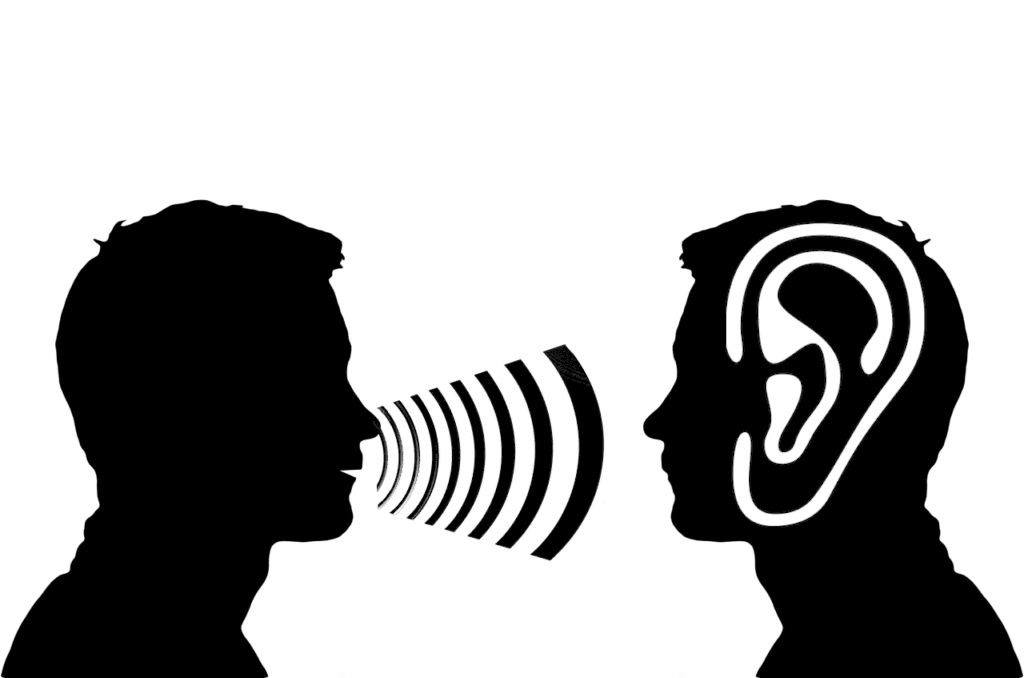For months, 47-year-old Jane Lightfoot struggled with what she thought was a nasty ear infection. The spot behind her right ear ached; she was dizzy, couldn’t hear well, and the headaches seemed, at times, unrelenting. Lightfoot visited the doctor again and again. Each time, she was given antibiotics—but they did little to relieve her symptoms. Her symptoms felt debilitating and Lightfoot found herself feeling increasingly stressed and depressed.
Eventually, reports Mary Claire Dorking in Yahoo Life UK, Lightfoot was referred to a specialist to undergo a balance check and MRI. Tests showed that she didn’t have an ear infection at all. Instead, Lightfoot was diagnosed with a rare noncancerous tumor called an acoustic neuroma.
At first, doctors told Lightfoot that they would continue to monitor her tumor to see if it grew. Over the course of the next few years, the tests showed that her tumor had grown significantly. She eventually underwent radiotherapy treatment.
Although her journey has not been the easiest, and Lightfoot still deals with certain side effects like dizziness and ear pain, she’s thankful for the help that she’s received along the way. To give back, Lightfoot participated in a fundraising walk earlier this year to support Brain Tumour Research.
About Acoustic Neuroma
Also known as: Vestibular schwannoma
Acoustic neuromas are rare benign tumors that form on the vestibular nerve, which leads from the inner ear into the brain. The vestibular nerve is responsible for balance and hearing. An acoustic neuroma does not metastasize to brain tissue. However, if it grows large enough, it can put pressure on surrounding nerves and tissues. Acoustic neuromas are often slow-growing. This tumor has been linked to genetic changes on chromosome 22 that impact tumor suppression. If you have an acoustic neuroma, you may experience symptoms such as:
- Dizziness
- Balance issues
- Tinnitus (ringing in the ears)
- Dysphagia (difficulty swallowing)
- Facial numbness and/or weakness
- Headaches
- Progressively worsening hearing loss
- Loss of muscle movement






